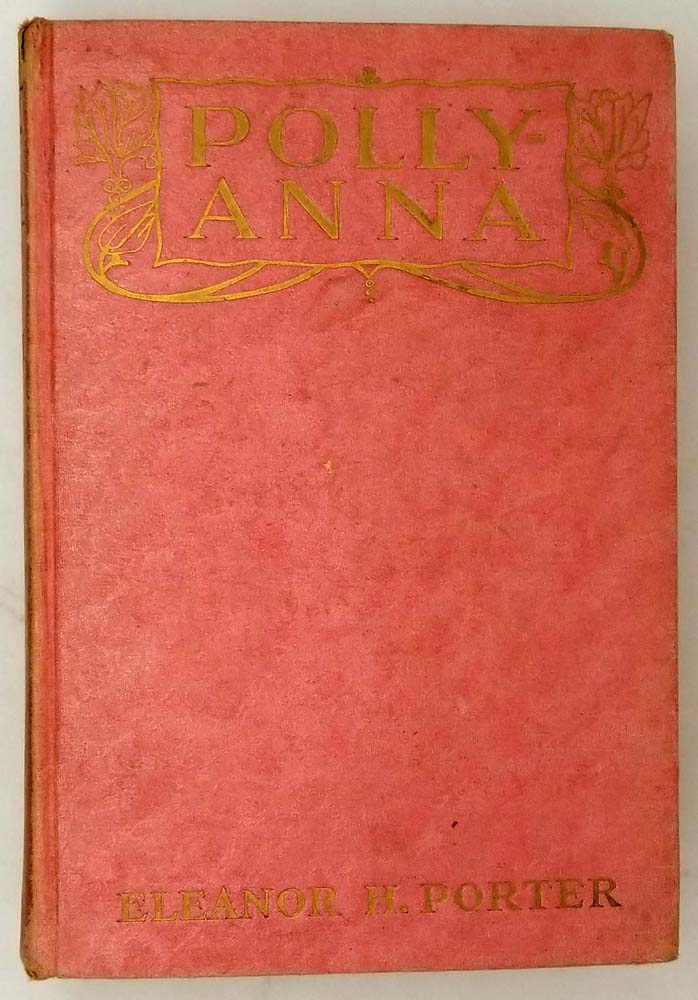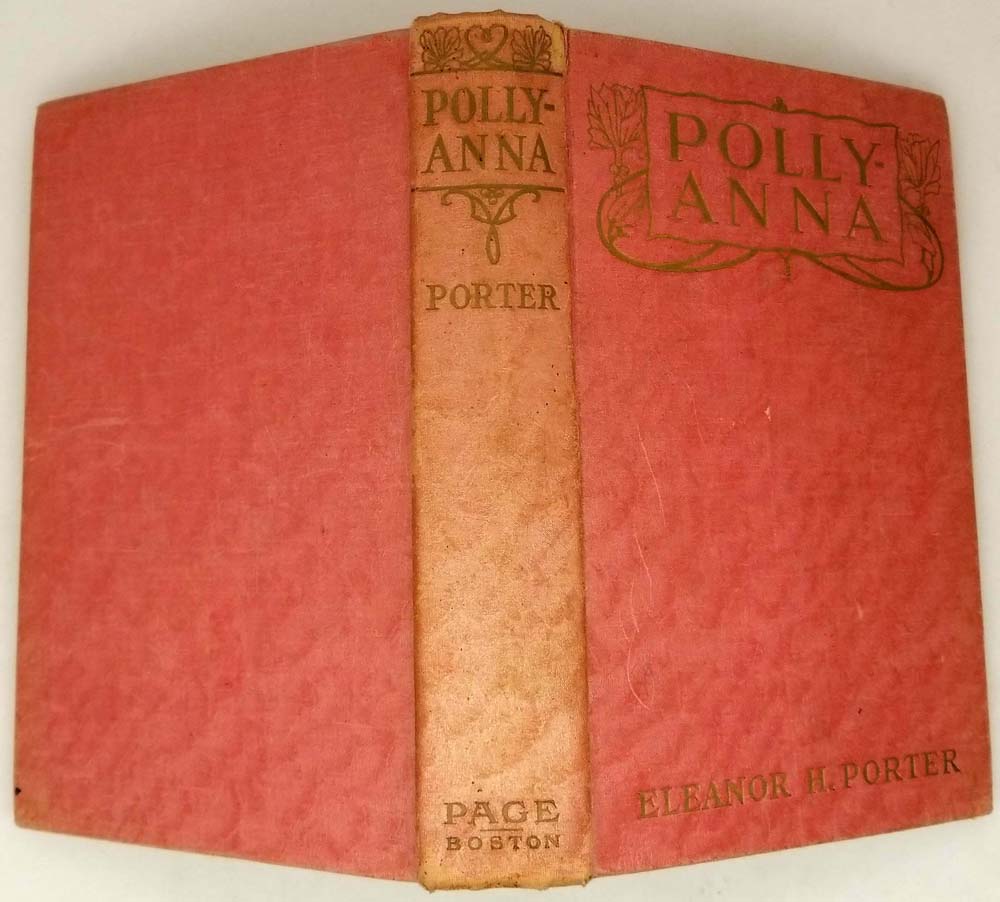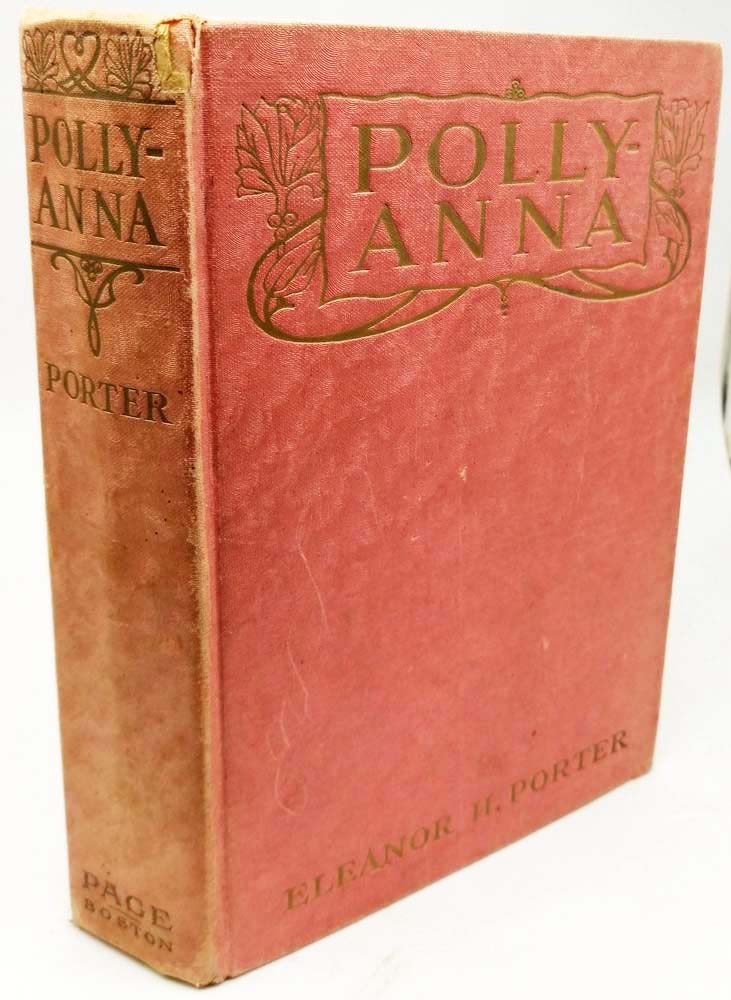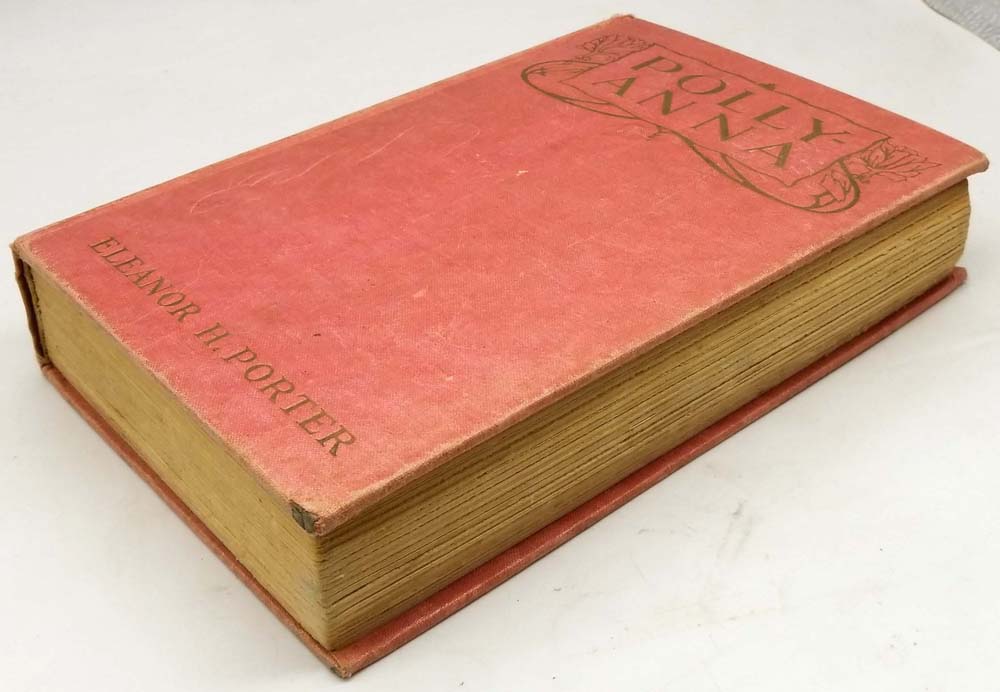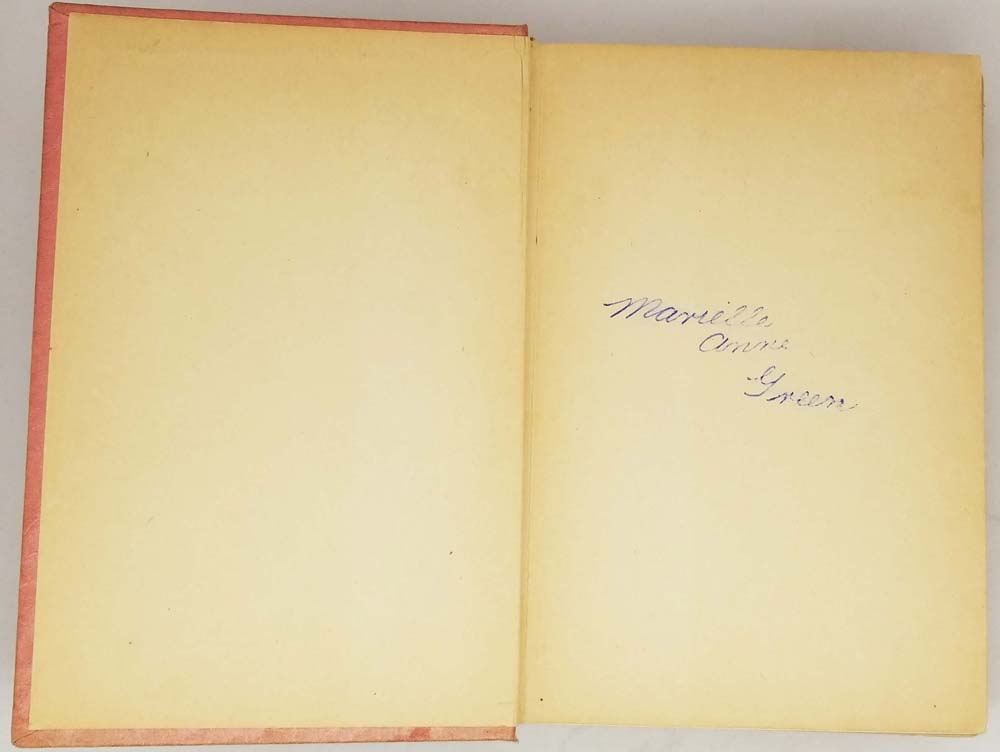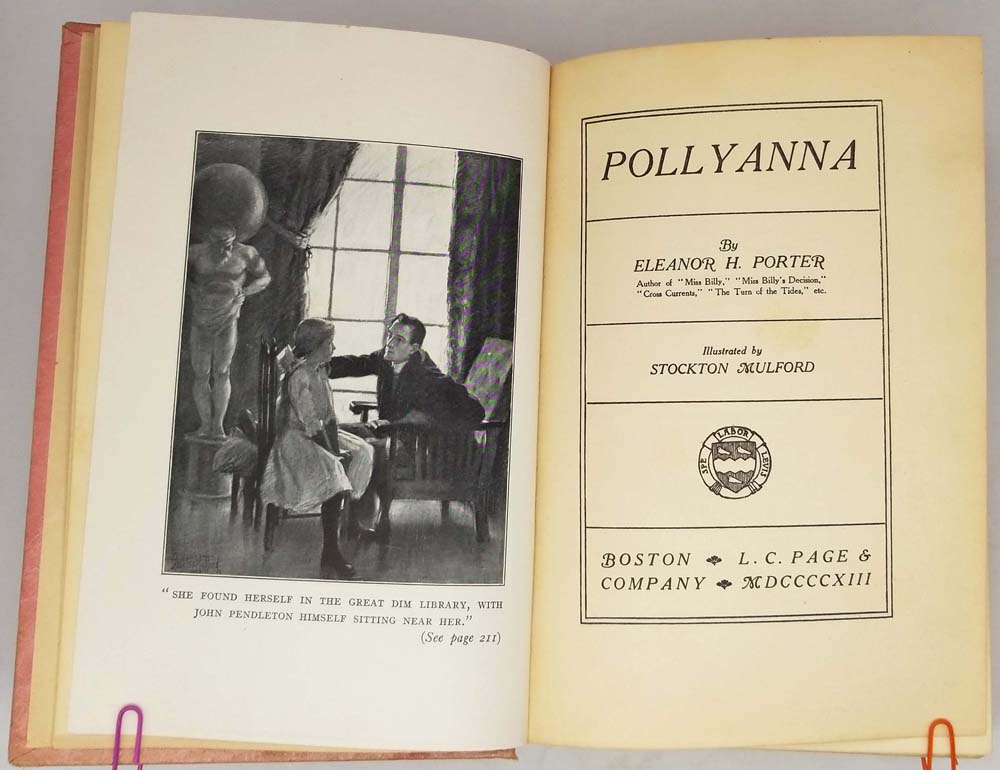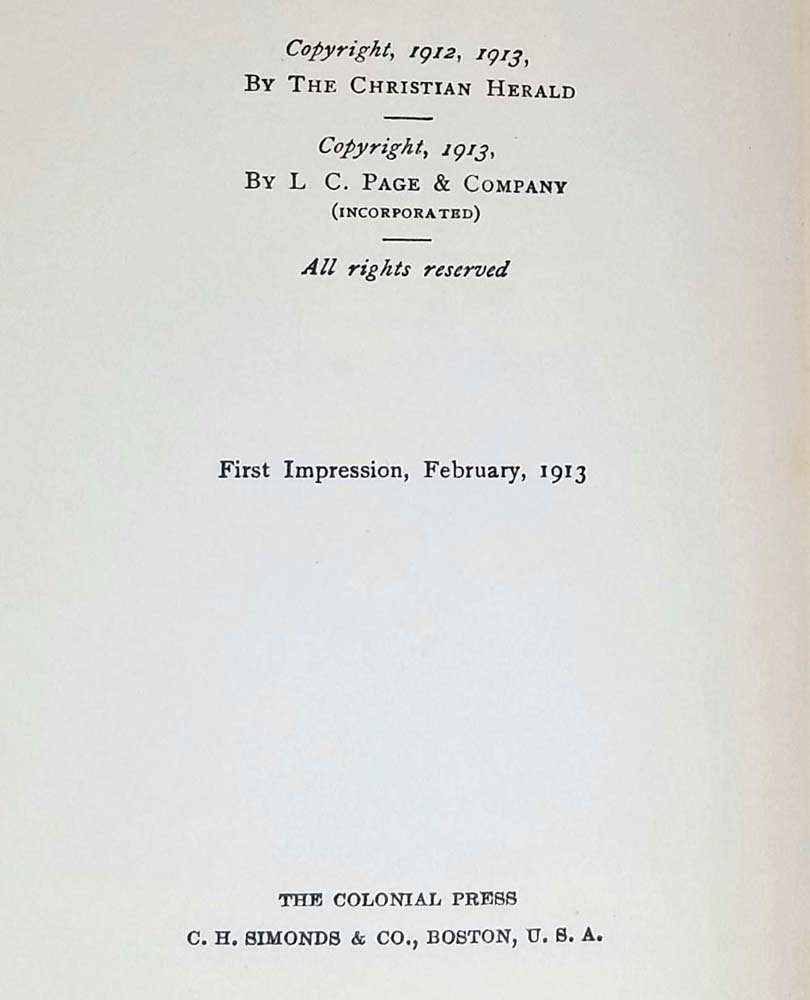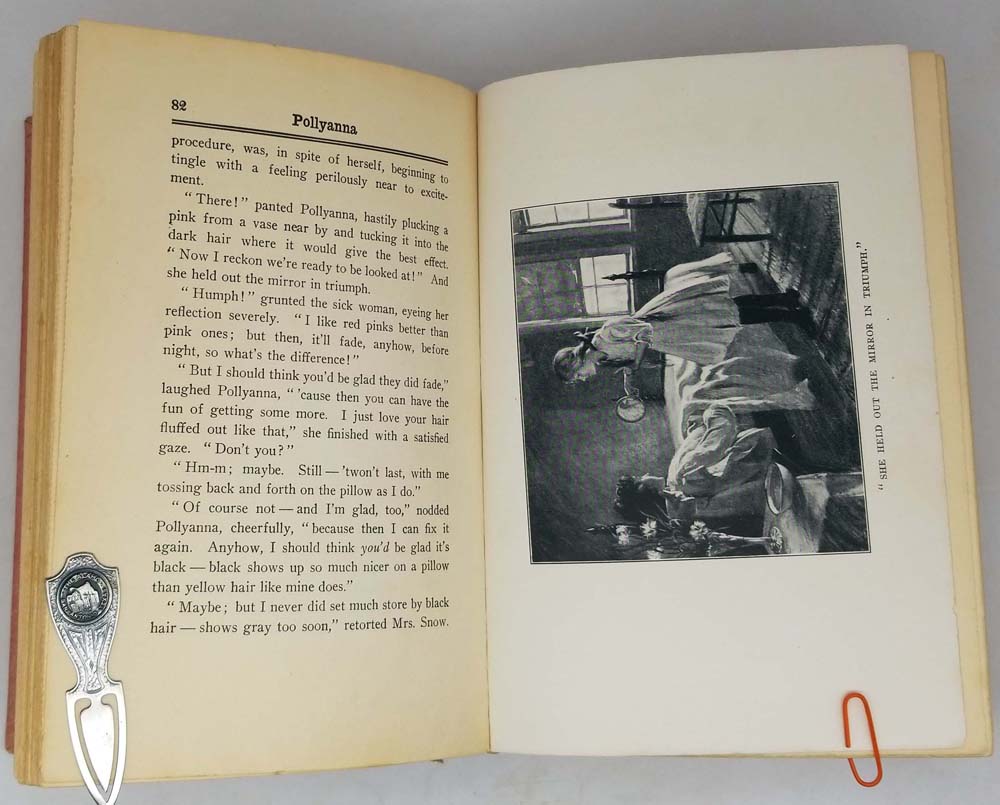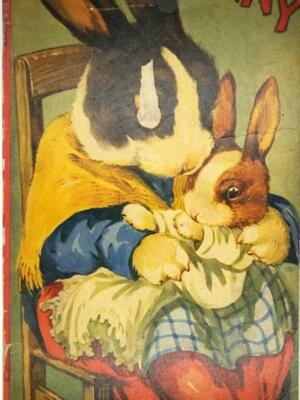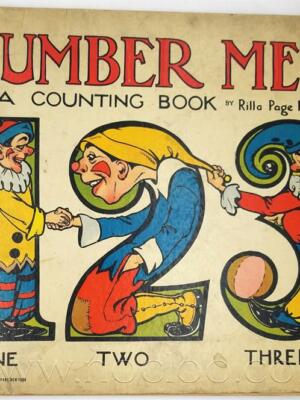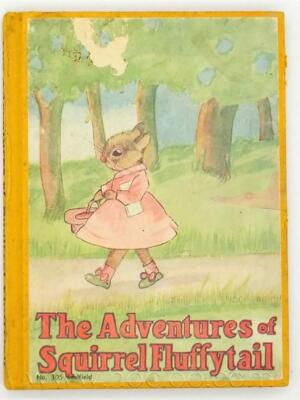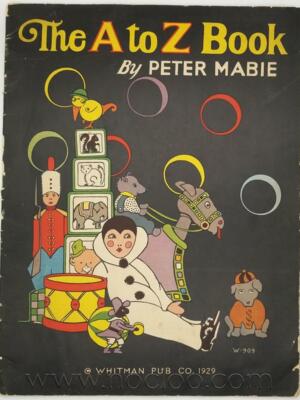Pollyanna (1913) by Eleanor H. Porter is a heartwarming classic of children’s literature that introduced the world to Pollyanna Whittier, an orphan whose unshakable optimism—the “Glad Game”—transforms a small New England town. Sent to live with her stern Aunt Polly in Vermont, Pollyanna’s relentless cheerfulness (finding silver linings in every setback) gradually thaws the hearts of miserly hermits, bitter spinsters, and even the town’s grumpiest preacher.
Porter’s deceptively simple prose critiques Puritanical austerity while championing resilience and community. Though modern readers debate the novel’s sometimes cloying idealism, its enduring appeal lies in Pollyanna’s authentic kindness, which feels radical in a cynical world.
The 1913 first edition (with black-and-white plates) is a nostalgic treasure, but later color-illustrated versions (like the 1915 M.A. Donohue & Co. edition) are equally charming.
